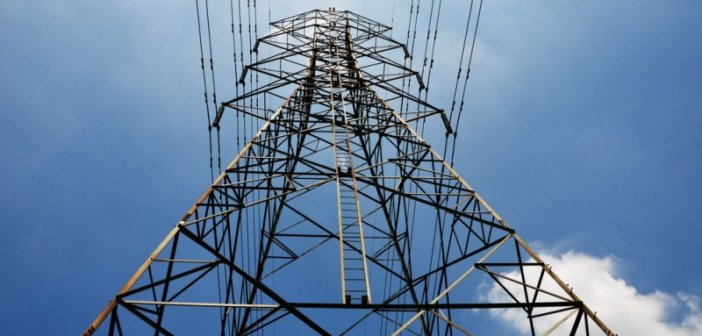The Union Cabinet chaired by the Prime Minister Shri Narendra Modi has approved the proposal of the Ministry of Power for Signing of “Memorandum of Understanding for Establishment of the BIMSTEC Grid Interconnection”. It will be signed among member states of BIMSTEC at the upcoming 3rd BIMSTEC Energy Ministers’ Meeting to be held in Nepal shortly.
Background
The Bay of Bengal Initiative for Multi-Sectoral Technical and Economic Cooperation (BIMSTEC) is an international organisation involving a group of countries in South Asia and South East Asia viz. Bangladesh, India, Myanmar, Sri Lanka, Thailand, Bhutan and Nepal. The “Plan of Action for Energy Cooperation in BIMSTEC” was formulated in the first BIMSTEC Energy Ministers’ Conference held in New Delhi on October 4, 2005. In this plan, under the “BIMSTEC Trans-Power Exchange and Development Project”, it was decided that a Task Force led by Thailand, with representatives of member countries, will give a report on draft MoU for grid interconnections. Total five meetings Task Force for BIMSTEC on Trans-power Exchange were held and the draft MoU for establishment of BIMSTEC Grid Interconnection was finalized by the Task Force on 16th Mar 2015.
In the BIMSTEC Leaders’ Retreat 2016, held in Goa on 16th October 2016, the Leaders decided to expedite the signing of the MoU on BIMSTEC Grid Interconnection. Eventually, during the 4th meeting of BIMSTEC Senior Officials on Energy held on 11th-12th January 2017, the MoU was discussed and finalized.
Impact
This MoU will provide a broad framework for the Parties to cooperate towards the implementation of grid interconnections for the trade in electricity with a view to promoting rational and optimal power transmission in the BIMSTEC region. This MoU will facilitate:
(i) the optimization of using the energy resources in the region for mutual benefits on non-discriminatory basis subject to laws, rules and regulations of the respective Parties;
(ii) the promotion of efficient, economic, and secure operation of power system needed through the development of regional electricity networks;
(iii) the necessity of optimization of capital investment for generation capacity addition across the region; and
(iv) power exchange through cross border interconnections.





